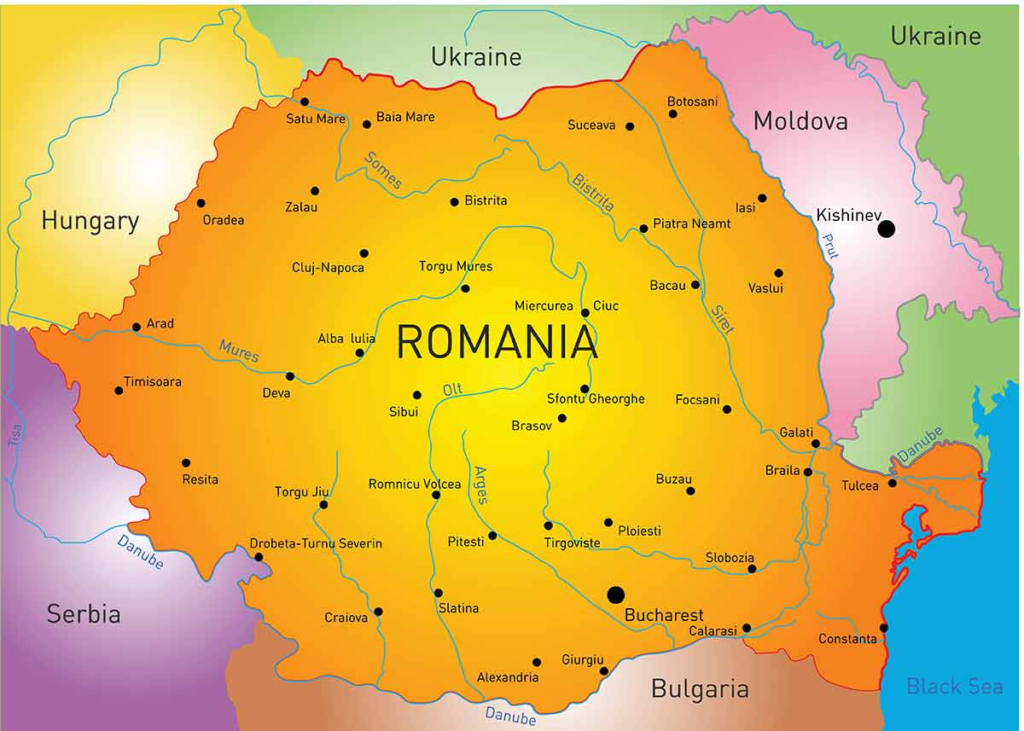Election Controversy and Resignation
Romanian President Klaus Iohannis announced his resignation on February 10, 2025. His decision came amid political turmoil following the cancellation of a presidential election. The resignation was effective from February 12.

The Constitutional Court annulled the election in December 2024 due to allegations of Russian interference. The first round of voting saw a surprising win by far-right candidate Calin Georgescu. The ruling led to widespread political unrest and calls for Iohannis to step down.
Political Pressure and Impeachment Threat
Opposition parties, including the far-right Alliance for the Unity of Romanians (AUR) and the nationalist S.O.S party, pushed for his removal. The Party of Young People and some members of the reformist Save Romania Union (USR) also supported the impeachment motion.
Facing a likely impeachment vote in parliament, Iohannis chose to resign. He argued that his departure would prevent unnecessary political instability. He also noted that he was leaving office soon, making the impeachment process redundant.
Interim Leadership and New Elections
With Iohannis stepping down, Senate President Ilie Bolojan will serve as interim president. His primary task is to ensure stability until a new election takes place. The first round is scheduled for May 4, 2025. If no candidate wins a majority, a runoff will follow on May 18.
Bolojan, known for his pragmatic leadership, faces a difficult challenge. He must manage growing political divisions and reassure international allies of Romania’s commitment to democratic principles.
Public Reactions and Political Divisions
Reactions to Iohannis’ resignation have been mixed. Far-right supporters celebrated the move as a victory. Others, including pro-European groups, criticized the handling of the crisis. Many Romanians remain uncertain about the country’s political future.
The controversy underscores deep divisions between nationalist forces and pro-European advocates. Romania’s political landscape is shifting, with populist and far-right movements gaining ground.

Implications for Romania and Beyond
Iohannis had been a strong pro-European voice since taking office in 2014. His resignation raises concerns about Romania’s future direction. The country’s EU and NATO commitments could face new challenges under a changing leadership.
The situation also highlights broader issues in European politics. The annulled election and allegations of foreign interference reflect growing concerns about democracy and stability in the region.
As Romania prepares for new elections, the country stands at a crossroads. The coming months will determine its political trajectory and international standing.
Our Visitor






 Users Today : 17
Users Today : 17



